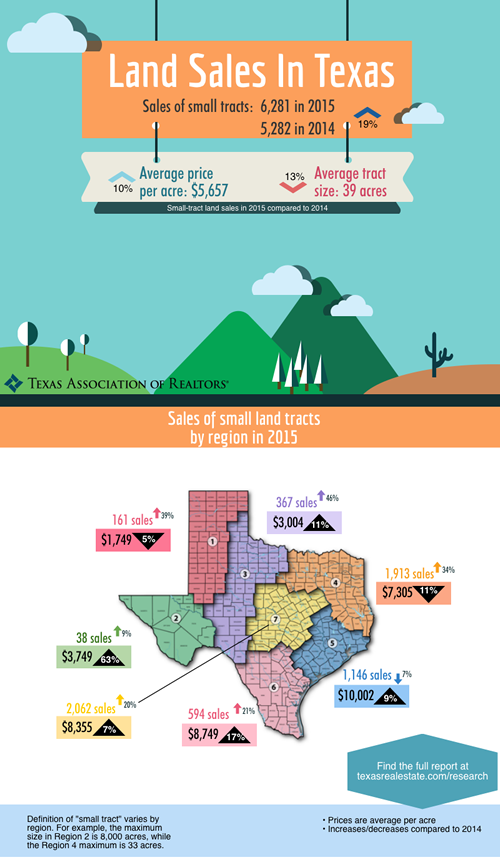In Lehman's Terms
This week’s In Lehman’s Terms column features guest expert Daniel Gonzalez, director of legislative affairs for the Texas Association of REALTORS®.
You are about to receive a special delivery in your mailbox. That’s right: it’s time again for appraisal districts across Texas to begin mailing appraisal notices to all property owners.
This notice is the beginning of the long property-tax process local taxing entities will use when setting their tax rates later this year—a process that ultimately determines your yearly property-tax bill.
If you don’t agree, take action now
Property owners who disagree with the appraised value of their property have the right to protest the appraisal district action through their Appraisal Review Board (ARB). The ARB is an independent panel of citizens responsible for hearing and settling property-owner protests.
The deadlines for filing a protest with the ARB are April 30 for single-family residences that have homestead exemptions and May 31 for all other property. Visit the Texas Comptroller’s website for more info about protesting your appraisal.
The hidden property tax
It is very important for you as a property owner to pay close attention to the property-tax process. Why? Because there is a hidden property tax lurking within the appraisal process that allows for local taxing entity budgets to increase.
When property values increase, property-tax rates taxes are supposed to adjust downward to ensure a local governmental entity doesn’t take on a revenue windfall. However, this does not always happen.
Have you ever heard a local elected official who is up for re-election say, “You should re-elect me because I have never raised taxes during my term”? This statement is misleading at best and false at worst.
When a property’s appraised value increases, the owner’s tax bill increases based on the property’s value. So even though the tax rate may not have changed, the owner is paying more. Local officials use the current appraisal process to their advantage to ensure more revenue is raised annually from appraisal increases.
How Texas REALTORS® are advocating for you
Texas is a growing state and while these new residents calling Texas home are welcome, they’re not bringing their schools, roads, and water with them. A growing Texas will warrant more tax revenue, but we must be up front with our citizens.
I’m not saying an increase in a local taxing entity’s budget is not justified, rather I prefer a more honest discussion on the needs of cities and counties. The Texas Association of REALTORS® is looking forward to working toward this goal when the Texas Legislature convenes in January 2017.
To learn about our efforts to reduce your local property-tax burden, please visit thehiddenpropertytax.com. While you’re there, sign up to receive updates so we can keep you informed about this issue.
Source: Advice for Consumers RSS Feed


